Flea Spray for Kittens: Best Options and Vet Advice 2025
Kittens are tiny, fragile, and vulnerable to fleas. A flea infestation can make them restless, itchy, and even put their health at serious risk.
The challenge is that most commercial flea products are designed for adult cats and may be too harsh for kittens.
This is where flea spray for kittens can provide a safe and effective option. In this guide, you’ll learn how it works, the differences between sprays, drops, and topical treatments, and how to keep your home flea-free.
Understanding Flea Control Options for Kittens
Kitten Flea Spray
A kitten flea spray is often the first choice for young cats. Many formulas are made with mild ingredients suitable for kittens’ sensitive skin.
Some sprays contain low levels of pyrethrins, while others use natural ingredients such as lemongrass or lavender oil.
They work quickly to kill or repel fleas but should always be applied carefully. Avoid spraying the kitten’s eyes, nose, and mouth, and monitor your pet after each use.
For more insights, see our article on natural flea control for cats.
Kitten Flea Drops
Kitten flea drops are another effective option, but most products are only safe once kittens reach at least 8 weeks of age.
The advantage is long-lasting protection, usually up to 30 days. However, overdose is a serious risk, so dosage must always match the kitten’s weight.
Drops should only be used under veterinary advice.

Kitten Topical Flea Treatment
Kitten topical flea treatment includes shampoos, medicated rinses, or spot-on products. These can help reduce light infestations or support sprays.
During use, make sure your kitten does not lick the fur until it’s fully dry. Bathing with medicated shampoos should be followed by thorough drying to prevent chilling.
Topical options may not last as long as drops, but they provide quick relief.
Signs of Fleas in Kittens
Excessive scratching or grooming.You can refer to flea comb for cats for more information.
Visible flea dirt (tiny black specks) in fur
Red bumps or bald spots on skin
Restlessness or poor sleep
In severe cases, fleas can cause anemia, which is especially dangerous in small kittens. Signs of anemia include pale gums, weakness, and lethargy.
Flea Allergic Dermatitis and Anemia Risks
Some kittens develop flea allergic dermatitis, an intense skin reaction to flea saliva. Even a few bites can trigger severe itching and sores.
Heavy infestations can also lead to anemia due to blood loss. This makes early flea control not just about comfort but about survival.

Cleaning Your Home to Prevent Reinfection
Even if you use flea spray for kittens, fleas can return if the environment is not treated.
To break the flea life cycle:
Wash bedding, blankets, and toys weekly with hot water and dry on high heat.
Vacuum carpets, rugs, and furniture, focusing on corners and under cushions.
Dispose of the vacuum bag immediately to prevent fleas from escaping.
Consider natural home sprays made with diluted essential oils like cedarwood or lemongrass for added protection.
Can Kittens Use Human Flea Sprays?
No. Human flea or bug sprays often contain chemicals that are toxic to cats.
Never use products not specifically labeled for cats. Doing so could result in poisoning or even death. Always choose products made for kittens and follow instructions carefully.
When Can Kittens Start Using Flea Spray?
Most veterinarians recommend waiting until kittens are at least 6 to 8 weeks old before using a flea spray.
Younger kittens are best protected through frequent grooming with a flea comb, manual removal of fleas, and thorough home cleaning.
If your kitten is under 6 weeks, consult a vet before applying any flea product.
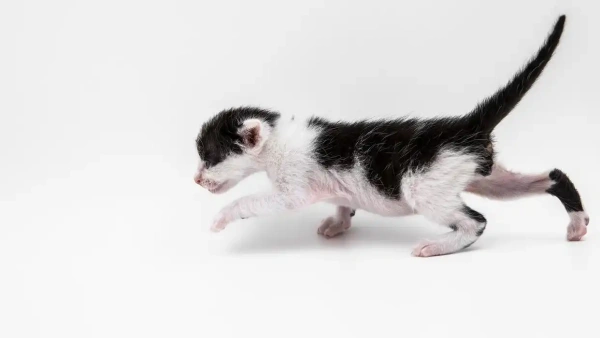
Are Natural Flea Remedies Effective for Kittens?
Natural flea remedies for cats, such as sprays made from citrus or herbal oils, can help repel fleas.
However, their effects are usually mild and temporary. For heavy infestations, veterinary-approved sprays or drops are more reliable.
Natural remedies can be a good supplement but should not be the only method of flea control.
Can Flea Spray and Flea Drops Be Used Together?
In general, it’s not recommended to use both at the same time due to the risk of overdose.
If combination treatment is necessary, it should only be under veterinary guidance with carefully spaced applications.
This ensures the kitten stays safe while achieving effective cat flea control.
Everything Our Vets Recommend
Flea Spray for Kittens FAQs
Is flea spray safe for kittens?
Most veterinary-approved flea sprays designed for kittens are safe when used as directed.
Always test a small area first and watch your kitten for a few hours after application.
How long does it take flea spray for kittens to work?
Many sprays begin killing fleas within hours, but complete control often requires repeat use combined with environmental cleaning.
Can kittens have a bath after using flea spray?
It’s best to wait at least 48 hours after applying flea spray before bathing your kitten to avoid reducing its effectiveness.
Conclusion
Kittens are fragile and highly sensitive to fleas, so choosing the right flea spray for kittens is critical.
Combine sprays with proper cleaning, monitor for flea allergies, and consult your veterinarian for guidance.
With patience and care, you can protect your kitten from discomfort and serious health risks.
Take action today and ensure your kitten grows up happy, healthy, and flea-free.
You May Like:
- How Long Does Flea Medication Take to Work? Updated 2025 Tips
- Natural Flea Control for Cats: A Simple Guide for Pet Parents
- Best Chewable Flea and Tick for Cats: Hidden Risks to Know
- How to Kill Fleas on Cats Fast: Updated 2025 Care Guide
User Comments
Does flea treatment kill ear mites too?
Can dogs take human probiotics?
Can dogs have people probiotics safely?
Related Articles
View all
How Often Flea Treatment Cat? Most Owners Get This Wrong

How to Apply Flea Medicine on Cats: Beginner’s Guide
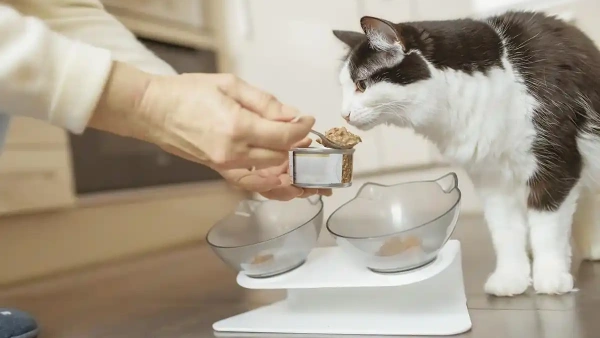
Best Cat Flea Spray for Cats in 2025: Vet Approved
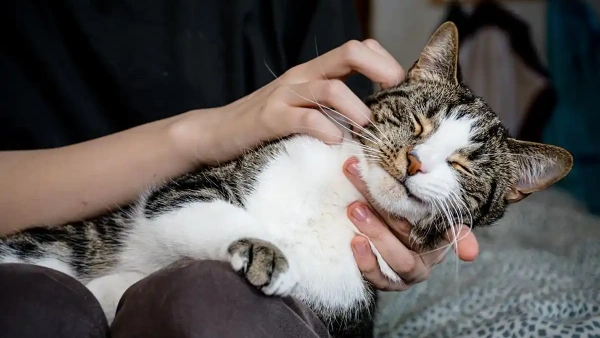
Where to Put Flea Treatment on Cat: Updated 2025 Guide

How Often Flea Treatment Cat? Most Owners Get This Wrong

How to Apply Flea Medicine on Cats: Beginner’s Guide

Best Cat Flea Spray for Cats in 2025: Vet Approved

Where to Put Flea Treatment on Cat: Updated 2025 Guide
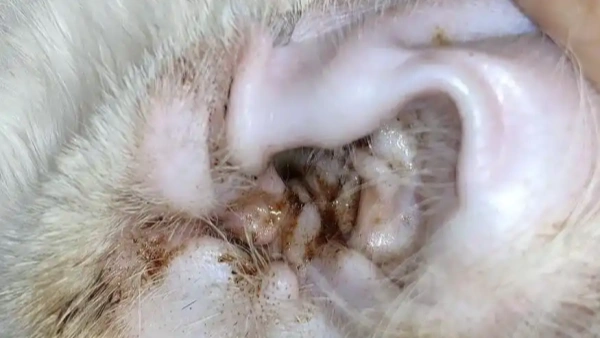
Best Flea and Ear Mite Treatment for Cats (2025 Review)

Safest Flea Prevention for Cats: A Complete 2025 Owner’s Guide

Flea Spray for Kittens: Best Options and Vet Advice 2025

Fleas on Newborn Kittens: Complete Treatment and Prevention
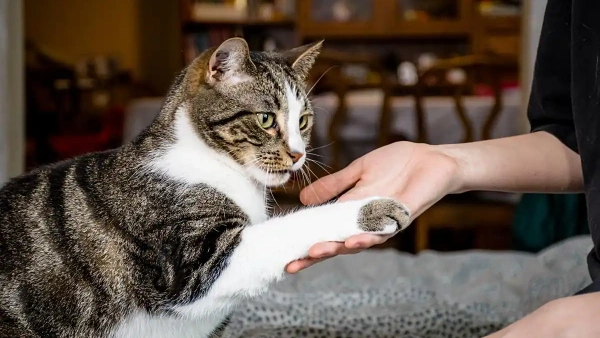

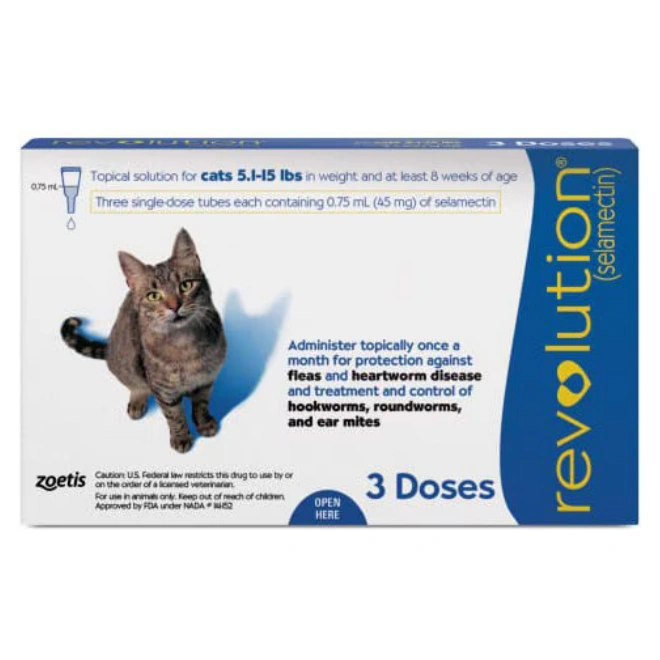
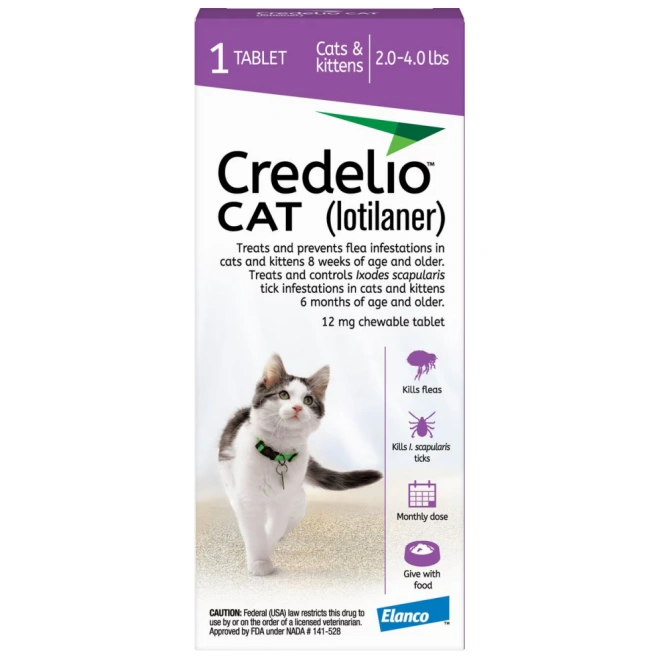
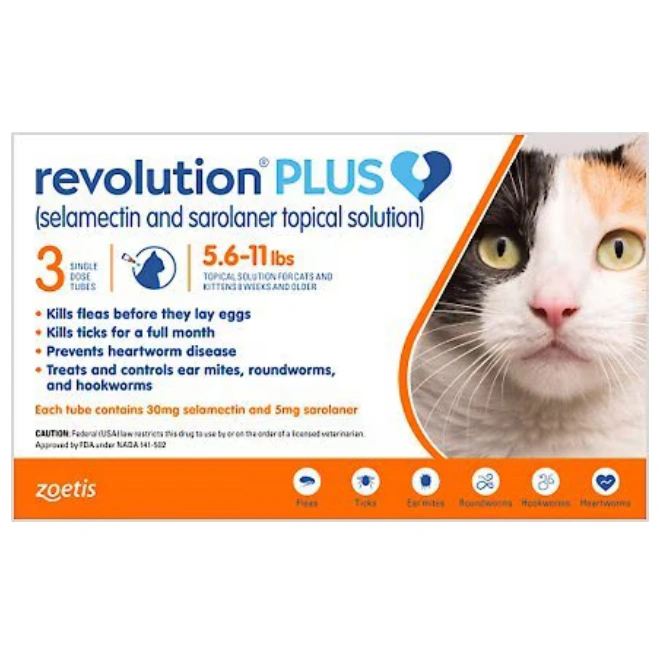
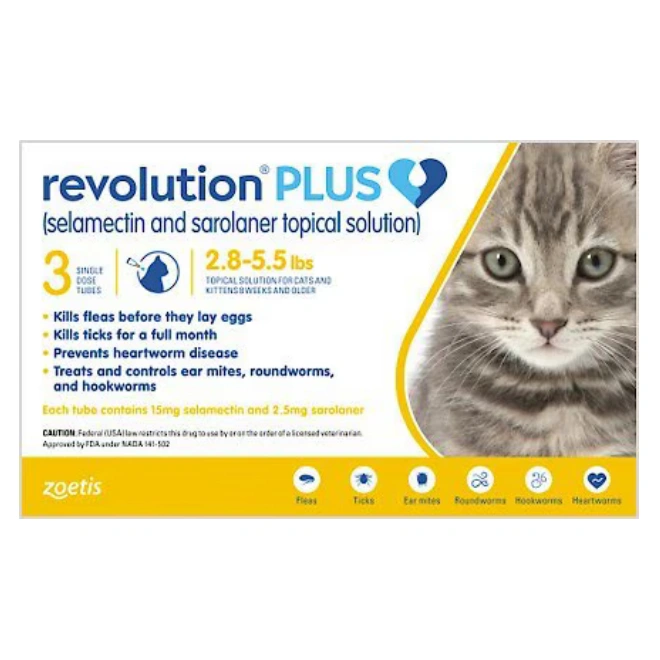








Leave a Reply